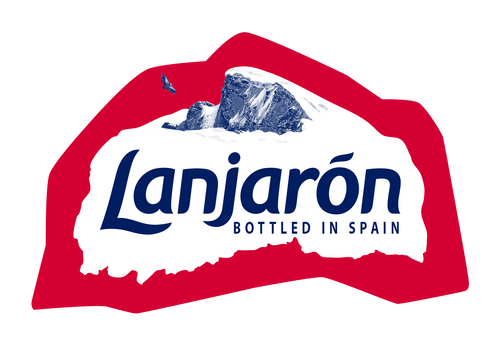
News and Events
Dr. Jacqueline Gerhart: There's good and bad to using reverse osmosis water systems
 Madison, Wisconsin - UW Health Family Medicine physician Jacqueline Gerhart writes a column that appears Tuesdays on madison.com and in the Wisconsin State Journal. Columns are re-published here with permission.
Madison, Wisconsin - UW Health Family Medicine physician Jacqueline Gerhart writes a column that appears Tuesdays on madison.com and in the Wisconsin State Journal. Columns are re-published here with permission.
Approximately 12 years ago we installed a reverse osmosis drinking water system in our home. Recently, we heard a radio program in which the guest stated that reverse osmosis systems are declining in popularity because they remove the minerals as well the impurities from the water. The radio guest also said that long-term consumption of de-mineralized water had negative health effects. Is de-mineralized water really harmful?
Tough question! To learn more, I contacted the UW-Madison College of Engineering, and referenced the World Health Organization's report on water sanitation and demineralization. Here's what I learned:
Reverse osmosis systems use pressure to push water through tiny pores, to create "pure water." In the process, chemicals, bacteria, and minerals are filtered through different membranes and carbon filters.
Drinking water treated with reverse osmosis or other filtration systems has many advantages:
If you are on a camping trip, traveling in another country, or in an area with bacteria or parasite-laden water, reverse osmosis systems allow contaminant removal, and safe drinking water. If you live in an area with heavy pesticides and herbicides use, reverse osmosis can remove these substances from your water. The U.S. military has used reverse osmosis systems to change salt water into fresh water for troops, and some countries use this technology during floods and relief efforts.
However, there are disadvantages. Many reverse osmosis systems remove the good with the bad. Iron, calcium, manganese, and fluoride are a few of the beneficial chemicals that may be removed, depending on your system. Removing these essential elements from our drinking water doesn't pose much of a problem, since a well-rounded diet will provide these as well. However, many Americans do not eat a diet that is rich in vitamins and minerals. If these people also drink demineralized water, then they are more prone to vitamin and mineral deficiency.
Additionally, when used for cooking, demineralized water was found to cause substantial losses of all essential elements from foods such as vegetables, meat and cereals. Such losses may reach up to 60 percent for magnesium and calcium, 66 percent for copper, 70 percent for manganese, and 86 percent for cobalt. In contrast, when hard water (not treated with reverse osmosis) is used for cooking, there is minimal loss of these essential elements.
Kids also may lose out on fluoride protection for their teeth. According to the Centers for Disease Control, drinking municipal water that contains fluoride decreases cavities in kids by up to 60 percent. Reverse osmosis systems may remove this fluoride, thus putting kids at increased risk for cavities.
From an environmental perspective, household reverse osmosis units do help the environment by curbing the purchase of bottled water, and thus creating less plastic waste in our landfills. However, because household units are unable to produce much back-pressure, they may collect as little as 5-15 percent of the water as "pure water" for drinking. Therefore, depending on the system, for each gallon of purified water produced, between 2 to 5 gallons are wasted (sometimes more), and discarded to the septic system.
Obviously, reverse osmosis systems vary. Check with the manufacturer to see what filters it contains and what is removed during the process. Also check how much water is removed as "waste" for each gallon that is produced for you to drink.
Thanks for the interesting question, and congratulations for considering both what you are getting and not getting in your water!
This column provides general health information and is not specific advice intended for any particular individual(s). It is not a professional medical opinion or a diagnosis. Always consult your personal health care provider about your concerns. No ongoing relationship of any sort (including but not limited to any form of professional relationship) is implied or offered by Dr. Gerhart to people submitting questions.
Date Published: 10/25/2011






